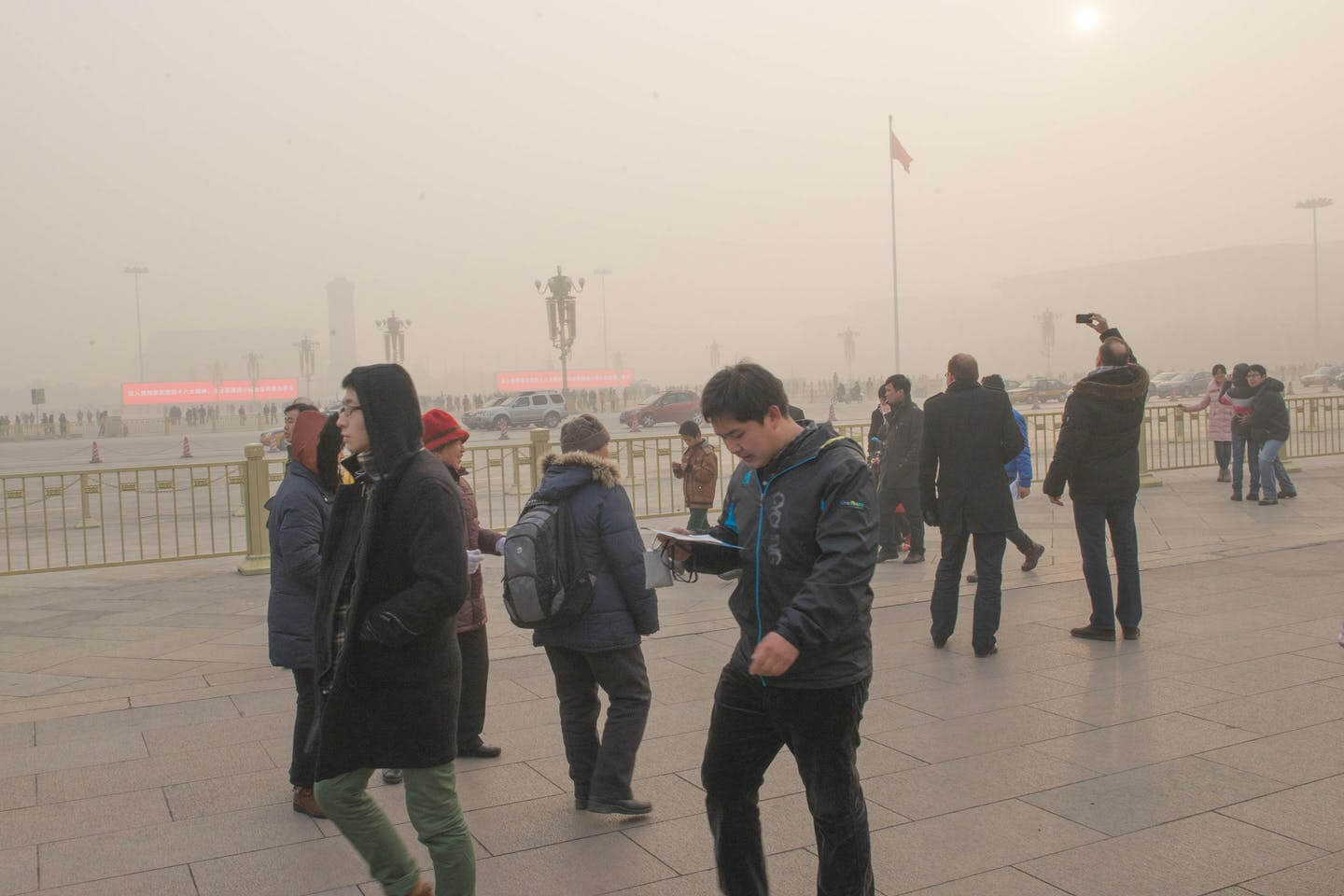According to new research from Rhodium Group, a New York-based climate research organisation, China’s greenhouse gas emissions in 2019 accounted for more than that of all of the world’s developed nations combined.
The group’s findings show that China is now responsible for over 27% of global emissions. These largely include six heat-trapping gases, including carbon dioxide, methane, and nitrous oxide, which rose to 14.09 billion tonnes of CO2 equivalent in 2019. This exceeds the total output of the Organisation for Economic Cooperation and Development (OECD) members by about 30 million tonnes, the group reported.
Following China was the United States (US), which is the second-biggest emitter and contributed towards 11% of global emissions in 2019, while India surpassed the European Union (EU) for the first time, accounting for about 6.6% of the global total. However, researchers explained that China’s per capita emissions remain far less than those of the US because it has the world’s largest population.
The report also noted that the current global warming is the “result of emissions from both the recent and more distant past” and that “China’s history as a major emitter is relatively short compared with developed countries, many of which had more than a century head start.” Per this logic, the Organisation for Economic Co-operation and Development (OECD) members are still the world’s biggest contributors to global warming, as they have released four times more greenhouse gases into the atmosphere than China since 1750.
In the climate summit hosted by President Joe Biden last month, President Xi Jinping only reiterated Beijing’s commitment to previously outlined environmental goals, even though he was expected to announce a new climate change policy in his address. Xi spoke of “the principle of common but differentiated responsibilities,” which he said “is the cornerstone of global climate governance”. The Chinese leader emphasised that nations “need to give full recognition to developing countries’ contribution to climate action and accommodate their particular difficulties and concerns.” He also called for developed countries “to increase climate ambition and action... make concrete efforts to help developing countries strengthen the capacity and resilience against climate change, support them in the financing, technology, and capacity building, and refrain from creating green trade barriers, so as to help developing countries accelerate the transition to green and low-carbon development.”
So far, China has committed to reach a peak in its emissions by 2030 at the latest, and achieve carbon neutrality by 2060. In addition, it has agreed to help reduce rising global temperatures and set a goal temperature of 1.5 degrees Celsius above pre-industrial temperatures. Beijing has also agreed to reduce the CO2 intensity of its gross domestic product by 60% by 2030.
China’s Greenhouse Emissions Now Account for 27% of the World’s Total
A new report indicates that despite pledges to reduce its carbon footprint, China’s contributes 27% of the world’s greenhouse emissions, which exceeds the combined total of all developed nations.
May 7, 2021

SOURCE: MICHAEL DAVIS-BURCHAT
